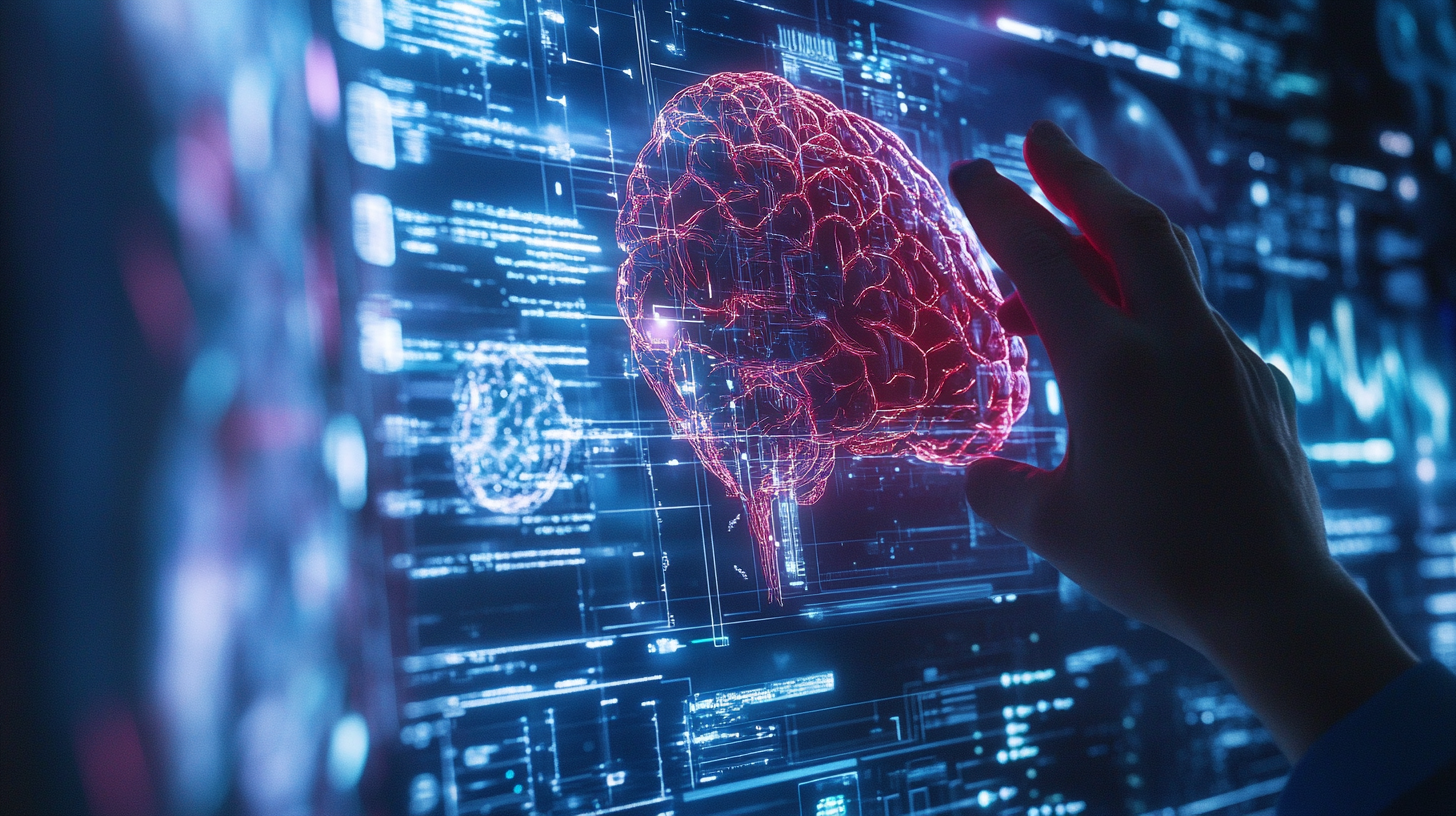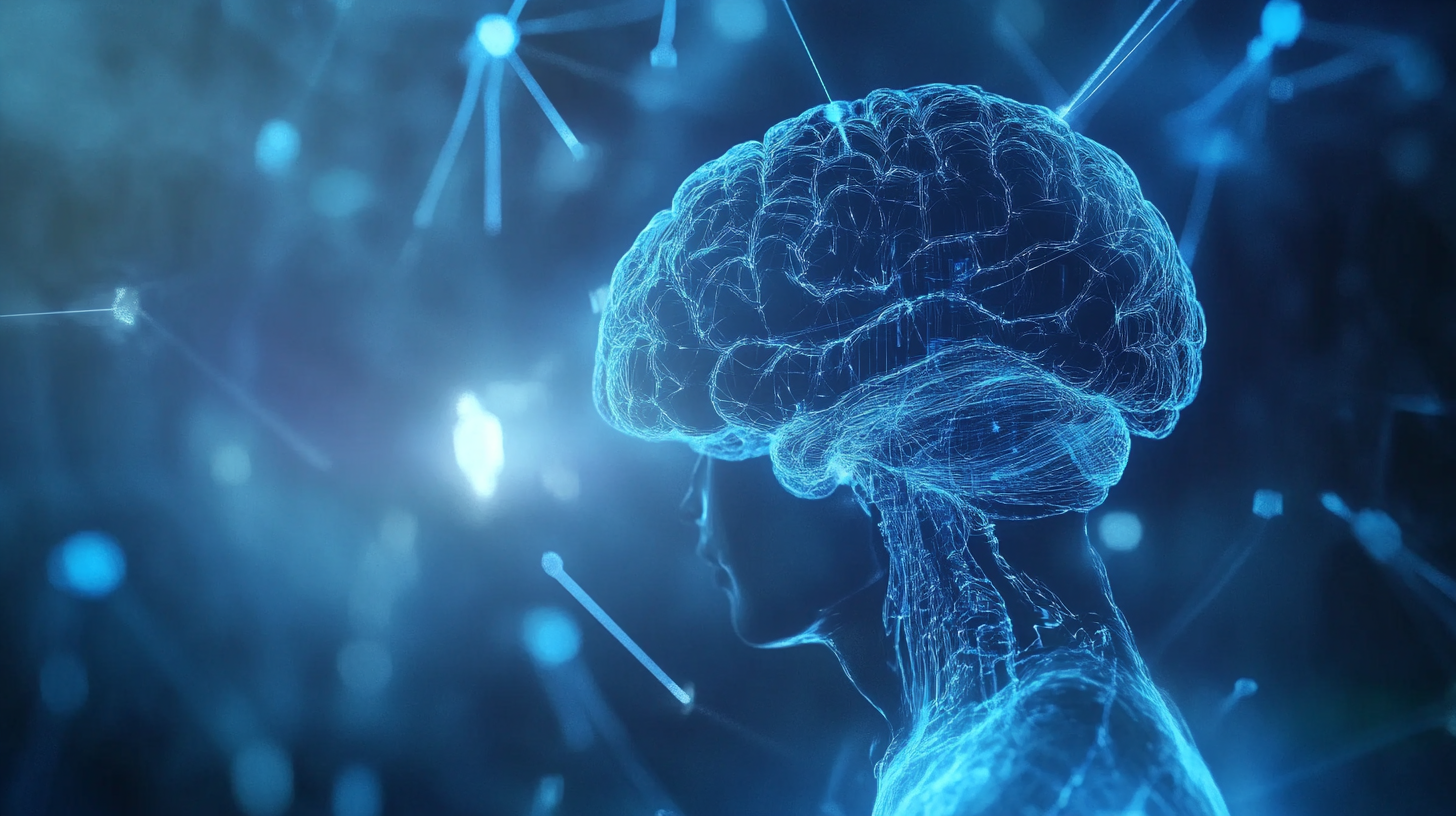In the rapidly evolving landscape of medical technology, 2025 is poised to be a pivotal year for innovations in the neurological disorders device sector. As global health challenges continue to rise, manufacturers are stepping up to deliver groundbreaking solutions that enhance the quality of life for individuals affected by these complex conditions. A world-class Chinese manufacturer is at the forefront of this revolution, introducing superior devices tailored specifically for neurological disorders. By leveraging advanced engineering, cutting-edge technology, and a deep understanding of patient needs, these devices not only address the symptoms but also offer new hope for recovery and rehabilitation. This blog will explore the latest industry trends, advancements in device capabilities, and a comparative analysis of leading products that are shaping the future of care for neurological disorders.

Recent advances in technology have opened new frontiers in the treatment of neurological disorders, showcasing how innovation can transform patient care. One leading Chinese manufacturer is at the forefront of this revolution, providing cutting-edge devices that cater to a range of neurological conditions. These devices employ advanced algorithms and neurofeedback techniques to enhance the effectiveness of treatments for ailments such as epilepsy, Parkinson's disease, and chronic migraines.
The integration of artificial intelligence into these devices has significantly improved their ability to monitor patient data in real time. This allows healthcare providers to tailor treatment plans specifically to individual needs, resulting in more effective management of symptoms. Furthermore, wearable technology is becoming increasingly popular, offering patients the freedom to engage in everyday life while benefiting from continuous therapy. As innovative technologies continue to evolve, the future of neurological disorder treatments looks promising, potentially enhancing the quality of life for millions of individuals around the globe.
In recent years, advancements in medical technology have paved the way for Chinese manufacturers to emerge as leaders in the creation of superior devices for neurological disorders. These innovative tools are designed with a focus on enhancing patient outcomes through improved functionality and user experience. The integration of cutting-edge features such as real-time monitoring, personalized treatment plans, and seamless connectivity with healthcare providers makes these devices stand out in the market.
One of the key features of these superior devices is their ability to provide real-time data analytics, which empower both patients and doctors to make informed decisions about treatment options. By continuously tracking neural activity and other vital metrics, these devices help in early detection and intervention, ultimately leading to better management of conditions like epilepsy and Parkinson’s disease. Additionally, the user-friendly interfaces and intuitive designs ensure that patients can easily operate these devices, promoting adherence to treatment regimens and improving overall well-being. Through these innovations, manufacturers are not only enhancing the quality of care but also revolutionizing the landscape of neurological disorder management.
| Device Type | Functionality | Patient Outcomes | Key Features | Market Availability |
|---|---|---|---|---|
| Wearable Neurostimulation Device | Pain relief for migraines | Reduction in headache frequency by 60% | Portable, adjustable intensity, Bluetooth connectivity | Available worldwide |
| Transcranial Magnetic Stimulation | Treatment for major depressive disorder | Improvement in symptoms for 70% of patients | Non-invasive, no anesthesia required, short sessions | Regulated in North America and Europe |
| Neuromodulation Device | Management of Parkinson's symptoms | Significant motor skill improvement | Surgical implant, programmable settings, patient-specific | Available in select clinics |
| Cognitive Rehabilitation Software | Enhances cognitive function in stroke patients | 30% improvement in memory and attention tasks | User-friendly interface, customizable exercises, progress tracking | Available for download globally |
In recent years, advanced neuro devices developed by a world-class Chinese manufacturer have transformed the lives of individuals suffering from neurological disorders. These innovative devices, designed with cutting-edge technology, offer a glimmer of hope for patients who have long faced daily challenges. By targeting conditions like epilepsy, Parkinson’s disease, and depression, these products not only improve quality of life but also empower patients to regain control over their lives.
Consider the story of Liang, a young man diagnosed with severe epilepsy. Traditional treatments had failed him, leaving him in a constant state of anxiety. After being fitted with a state-of-the-art neuro device, Liang experienced a significant reduction in seizure frequency and gained the confidence to pursue his passions. Similarly, elderly patients with Parkinson's disease have reported remarkable improvements in their motor skills and overall independence.
These success stories exemplify the profound real-life impact of advanced neuro devices, showcasing how cutting-edge technology can foster resilience and restore hope in the lives of those battling neurological disorders.
The evolution of solutions for neurological disorders illustrates a significant shift from traditional approaches to innovative technologies. Traditional methods of treatment often rely on standardized pharmaceuticals or invasive procedures, which may not address the diverse needs of patients effectively. In contrast, cutting-edge solutions leverage advancements in biomanufacturing and nanotechnology, offering personalized therapies that enhance efficacy and reduce side effects. As a result, manufacturers focusing on these modern technologies are poised to revolutionize patient care in neurology, setting a new standard for treatment protocols.

The SWOT analysis of the banking industry, when compared to the advancements in neurological solutions, reflects similar dynamics. Strengths in banking include established infrastructure and a loyal customer base, yet weaknesses such as regulatory pressures and technological lag pose challenges. Opportunities for innovation, like fintech partnerships and blockchain integration, parallel the innovations seen in neurology, which are driven by the demand for exceptional patient outcomes. Conversely, threats from disruptive startups in both industries are pressing established players to adapt swiftly. This comparative perspective highlights a broader trend where industries must evolve to meet the changing demands of their respective markets.
The landscape of neurological disorder management is undergoing significant transformation, driven by technological advancements and innovative device development. With the rise of wearable technology and smart health solutions, patients can now benefit from real-time monitoring and data collection, which enables personalized treatment plans. These devices, often embedded with sophisticated algorithms, can track symptoms and alert healthcare providers to changes in a patient's condition, ensuring timely interventions and enhanced outcomes.
Moreover, advancements in neurostimulation and neurofeedback devices are paving the way for non-invasive treatment options. These devices not only offer therapeutic benefits but also empower patients by giving them control over their health. Emerging trends highlight a shift towards integrating artificial intelligence and machine learning, allowing for predictive analytics that tailor therapies to individual needs. As manufacturers focus on user-centric designs and seamless integration with daily life, the future looks promising for those navigating the complexities of neurological disorders.

*The content on this website is for general informational purposes only and should not be taken as medical advice. Please contact your physician or therapist to learn what therapy solution is suitable for your specific needs. Not all products, features, or indications shown are approved in all countries.